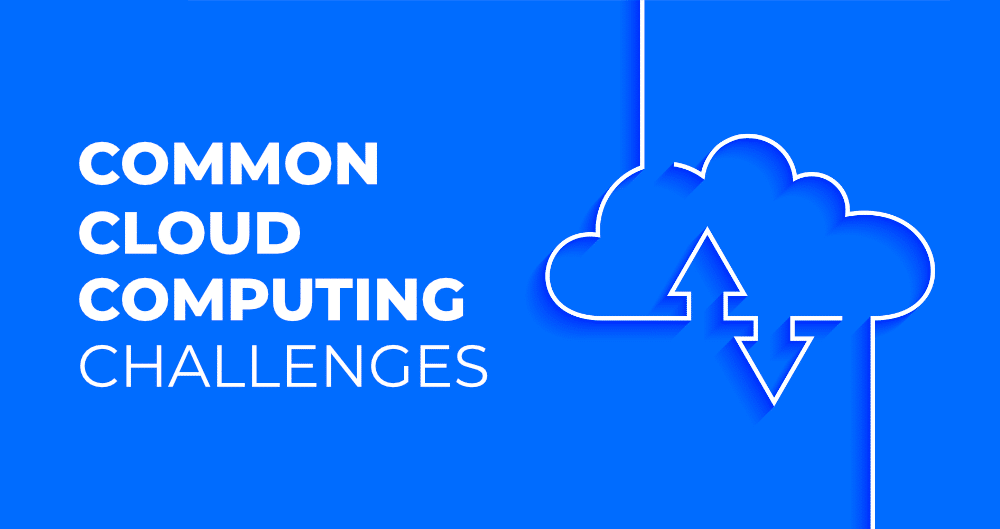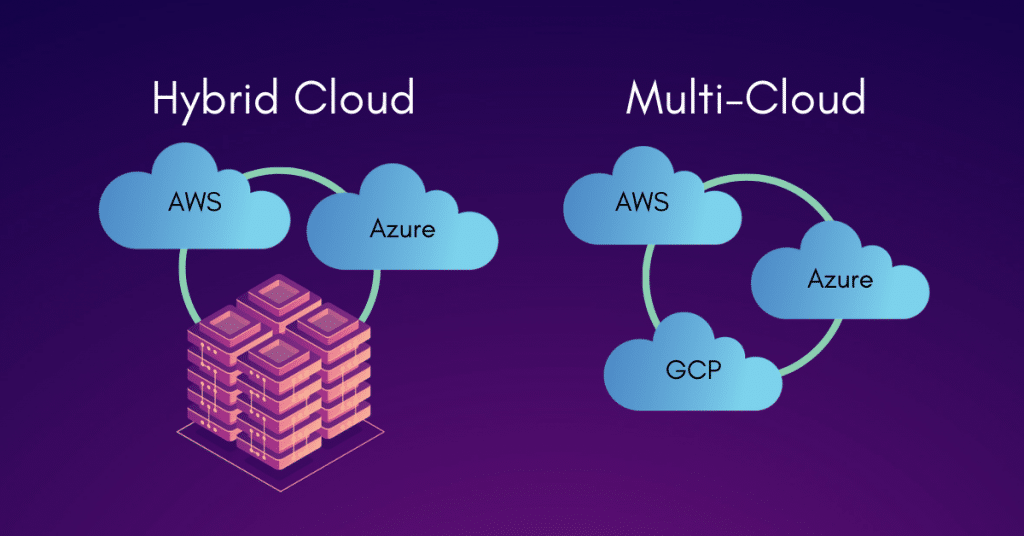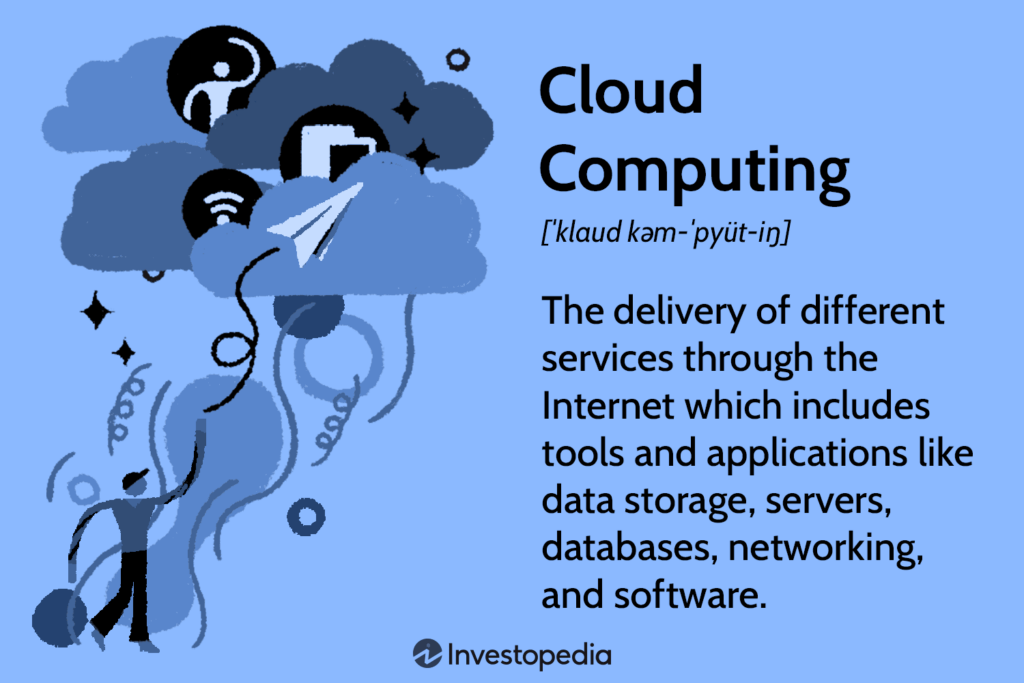The Future of Cloud Computing & Accompanying Challenges

Cloud computing has revolutionized the way businesses operate and the way people interact with technology. It has enabled greater agility, scalability, and efficiency in computing and has paved the way for the development of new services and applications. However, cloud computing is not a static technology, and it is likely to evolve and change in the coming years. In this article, we will discuss the future of cloud computing, the trends that are shaping its evolution, the challenges that lie ahead, and the potential impact it could have on businesses and society.
Table of contents
Multi-Cloud and Hybrid Cloud Environments
One of the biggest trends in cloud computing is the implementation of multi-cloud along with hybrid cloud environments. Multi-cloud can be defined as the use of more than one cloud provider for different applications or workloads, while hybrid cloud refers to the combination of public and private cloud infrastructure. Both multi-cloud and hybrid cloud environments offer businesses greater flexibility and control over their IT infrastructure, enabling them to optimize performance, reduce costs, and improve resilience. However, managing multiple cloud environments can also pose challenges, such as data security and integration issues.
Another trend that is gaining momentum in cloud computing is edge computing. The process comprises of processing data closer to the source, such as on IoT devices or at the network edge, rather than sending it to the cloud for processing. This approach can reduce latency, improve performance, and enable real-time data analysis. Edge computing is particularly relevant for applications that require low latency, such as autonomous vehicles, industrial automation, and smart cities. However, edge computing also raises concerns about data privacy, security, and governance.
Artificial intelligence (AI) and machine learning (ML) are also likely to play a significant role in the future of cloud computing. AI and ML algorithms can help automate and optimize various aspects of cloud computing, such as resource allocation, workload management, and data analytics. They can also enhance the security and resilience of cloud systems by detecting and mitigating threats in real time. However, AI and ML also require vast amounts of data and computing power, which can strain cloud infrastructure and raise ethical concerns. Serverless Computing Serverless computing is another trend that is emerging in cloud computing. Serverless computing refers to the use of cloud services to run applications without the need for servers or infrastructure management. This approach can simplify application development and deployment, reduce costs, and improve scalability. Serverless computing is particularly relevant for applications with unpredictable or variable workloads, such as event-driven or batch processing. However, serverless computing also raises concerns about vendor lock-in, performance, and security.
Challenges and Opportunities
The future of cloud computing presents both challenges and opportunities for businesses and society. On the one hand, the adoption of new technologies and approaches, such as multi-cloud, edge computing, AI/ML, and serverless computing, can offer significant benefits in terms of performance, agility, and innovation. On the other hand, these trends also pose challenges in terms of data security, privacy, governance, and ethical considerations. As cloud computing becomes more ubiquitous and critical to our daily lives, it is essential to address these challenges and seize the opportunities presented by this technology.
In conclusion, cloud computing is expected to continue to play a major role in shaping the future of technology and society. As businesses continue to adopt cloud computing, they will enjoy the benefits of scalability, cost savings, and improved efficiency. However, as the industry evolves, new challenges will arise, such as security concerns, data privacy, and regulatory compliance. Cloud providers will need to stay ahead of these challenges by continually improving their security protocols and ensuring that they are in compliance with all relevant regulations. The potential benefits of cloud computing are enormous, and with the right strategies in place, businesses and society as a whole can reap the rewards of this powerful technology.

